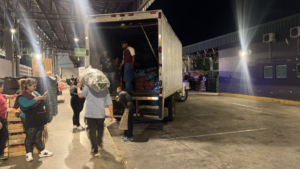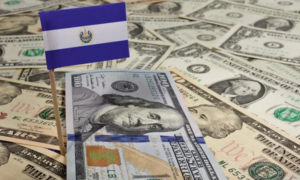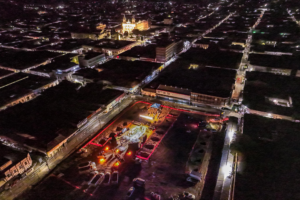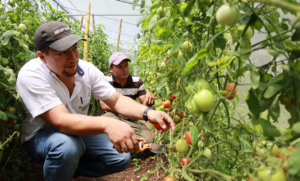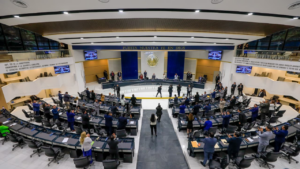The heatwave, which has raised temperatures above 38°C in eastern El Salvador, will not significantly impact small-scale agricultural production. This was confirmed by Luis Treminio, President of the Asociación Cámara Salvadoreña de Pequeños y Medianos Productores Agropecuarios (CAMPO),who explained that the most impacted areas will not begin their winter planting until the end of the season.
The weather phenomenon is concentrated in departments such as San Miguel, Morazán, and La Unión, where the winter growing season has not yet begun. This particularity considerably reduces the risk of negative impacts on harvests, providing a respite for salvadoran farmers.
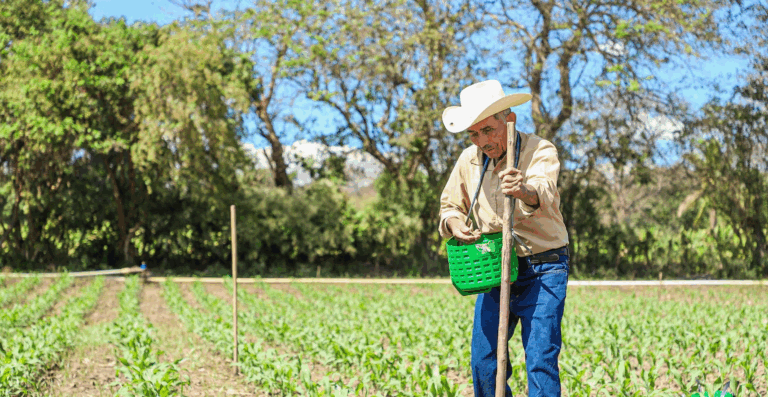
Treminio explained that plants can endure a period of up to 12 days without rainfall before showing signs of water stress. Only after this period, specifically starting on the 13th, would the plants begin to feel the negative effects, and after 15 days, losses could be recorded.
So far, authorities have not indicated the forecast of a second heat wave that could affect the country in the coming months. This news brings relief and stability to the agricultural sector and the country’s food security.
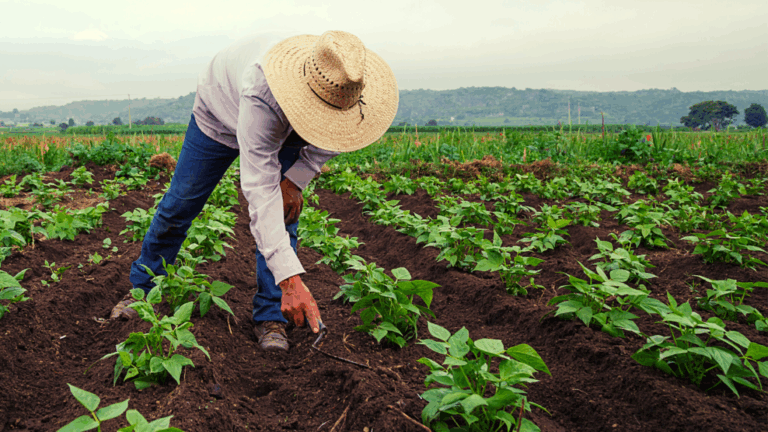
For the 2025-2026 agricultural cycle, CAMPO maintains an optimistic projection of 19.1 million quintals of grain. Corn leads the way with more than 14 million, sorghum with 2.4 million, and rice with 712,000 quintals. These figures are encouraging for local supply.
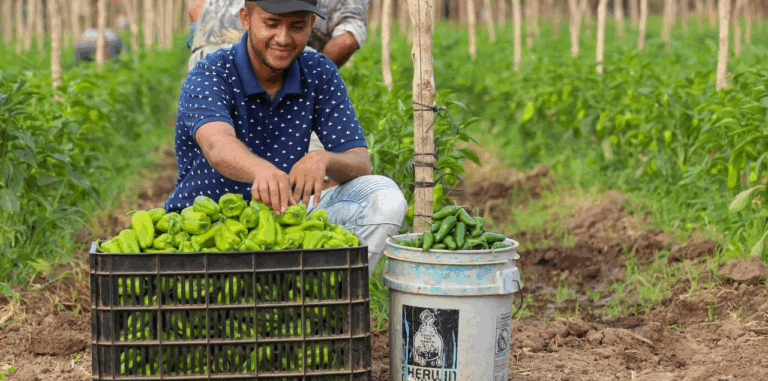
Bean production for the next cycle is estimated to reach more than 2.02 million quintals, representing a 49.7% increase compared to the previous cycle. Treminio also reported that El Salvador and Nicaragua are the largest bean consumers in Central America.


